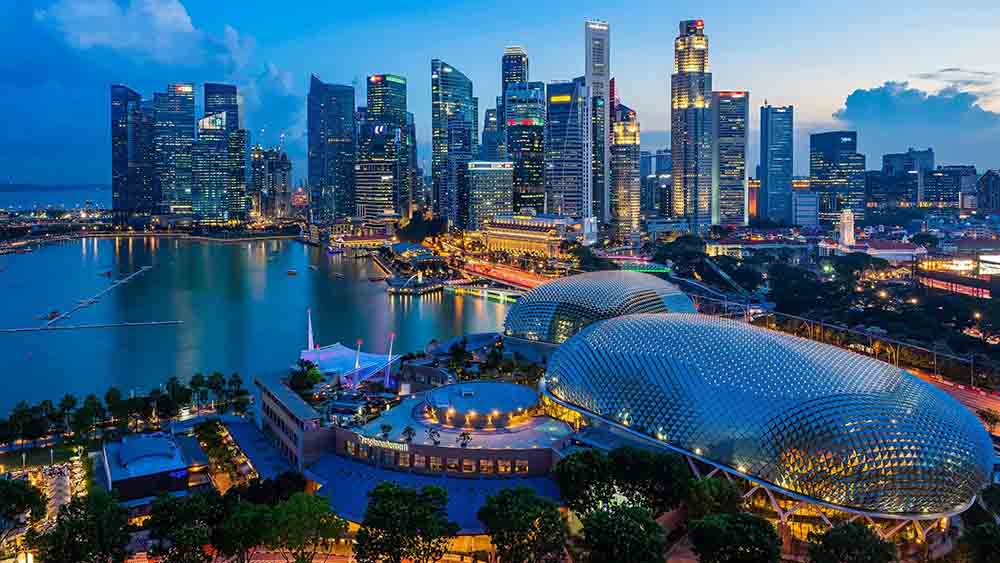Many Winnipeggers are disappointed that Exchange District restaurant Hermano’s is closing. It is just one of thousands of businesses which will not survive the government’s drastically overwrought and badly informed decision to shut down the economy in response to the COVID-19 pandemic. History will show how wildly inaccurate computer models grossly exaggerated fatality projections. Unfortunately, too many folks still think holding the economy underwater will end the virus’s progression. Sadly, it is just delaying the virus; we can expect Covid to return after the summer.
But hold the panic. A May 21 National Post commentary by 4 infectious disease doctors discussed their study which showed that in Canada, the individual rate of death from COVID-19 for people under 65 years of age is just six per million people, or 0.0006 percent. This is roughly equivalent to the risk of dying from a motor vehicle accident within the same time period.
So next time, having blown their budgets and economies out of the water, our governments will finally do what Sweden has done – protect the vulnerable (seniors and those with chronic conditions) and advise the population to wash their hands and avoid crowds without closing society. Ironically, with little to no fiscal room left to collapse the economy again, governments will still have to reckon with the enormous cost of the original shutdown’s deficits and debts.
With this, it’s appropriate to discuss the thinking of Sir Roger Douglas, a former Finance Minister of New Zealand. Douglas was the point man confronting that country’s 1984 fiscal and economic meltdown. He rescued NZ by orchestrating rapid structural changes. They involved tax reforms, privatization, deregulation, along with major reforms and reductions in the public sector.
The policy of rapid structural reform even ended up having its own name – “Rogernomics”, bringing Sir Roger international acclaim in 1985 when he won the prestigious Euromoney Magazine’s International Finance Minister of the year award.
A small country relatively isolated from the world economy in the 1980s, NZ was left alone to dig out of its economic woes. Its closest trading partner was hours across the Tasman Sea, quite unlike Canada which is blessed to be essentially an extension of the richest market in the world.
Back then, New Zealand had to make tough choices. It certainly helped that the NZ Labour Party of that time was not an extension of the public sector unions, like as we see in many other countries. And, the NZ’s Cabinet leadership team understood that they could not jump the canyon of imminent bankruptcy through a series of little hops. So, they went as fast and hard as they could.
Their electorate liked strong leadership.
The NZ 1987 election produced the shocking result of returning the Labour Government with an increased majority, with some of the plushest ridings switching from the conservative National Party to Labour. (It was the equivalent of the tony Winnipeg suburb of Tuxedo voting for the NDP.)
Inevitably, the once steely resolve of the Labour government withered. Finance Minister Douglas had introduced yet another radical budget. It involved a sweeping reform of welfare (guaranteed minimum family income) and a 23% flat income tax. But, the Prime Minister, who had agreed to the reforms, famously chose to take a “tea break” and backtracked on Douglas’ proposal. Douglas resigned, driving a fatal split between Labour reformers and traditionalists. 
Ironically, demoralized Labour later lost to a rejuvenated NZ National Party, which then proceeded with major reforms to labour laws and continued financial restraint.
Roger Douglas was awarded a knighthood after he left politics. And, in a 1999 “turn of the millennium” poll, Sir Roger easily ranked near the top of a list identifying the most influential NZ leaders of the century.
It is especially grating to people on the left that Sir Roger hails from a Labour Party background. His grandfather was a member of the first NZ labour government, and his trade union leader father was a MP for 15 years
So where is Sir Roger’s thinking today?
Unsurprisingly, he has continued to refine and expand his philosophy, involving rethinking and restructuring the role of government. His definition of socialism remains simple – ultimately his version is about removing undeserved privileges, particularly in the public sector. Douglas seeks to achieve socialist ends – fairness, good public services for all, and opportunities for the underprivileged. But, via capitalist means through the use of competitive markets to maximize people’s choices and welfare by, for example, removing inefficient and unfair public monopolies.
Rather than have high taxes nominally routed through politicians, thus providing expensive, shoddy and producer focused public services, Douglas would have the government out of the services business. This while making sure that citizens have the means to acquire services like healthcare and education in the competitive marketplace. For example, a voucher system for schools, where parents get the money, directly empowering them to make their own choices among competing alternatives.
Same with healthcare, where citizens would, like Singapore, have medical savings accounts from which they would take care of their family’s healthcare needs. Hospitals and schools would all go private, better placed to cater to the needs of the consumers.
Sir Roger highlights the savings account model would encourage rapid wealth accumulation (with unused funds accruing to people’s’ estates). Douglas would replace the welfare system with a simple guaranteed minimum family income policy. His citizen-focused model would dispose of surplus government assets, including crown corporations, so as to pay down government debt. A leaner government would be funded with a low flat income tax in addition to a broad based GST.
Imagine, a greatly slimmed down government returning to its role of making policy, setting regulations, and collecting taxes in a system maximizing consumer choices. The Douglas version of a truly modern socialist nirvana!
Welcome to the frontier of public policy.
Peter Holle is president of the Frontier Centre for Public Policy, www.fcpp.org



